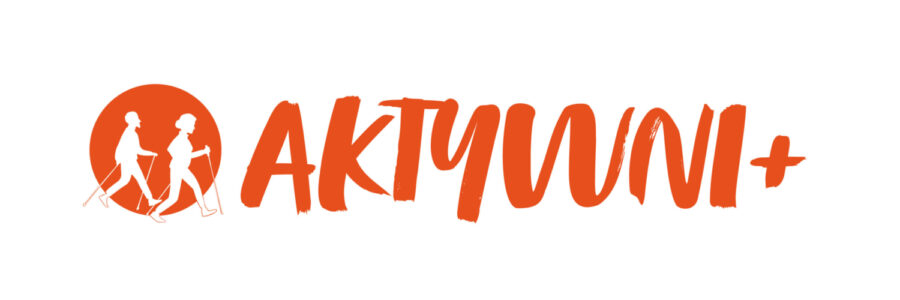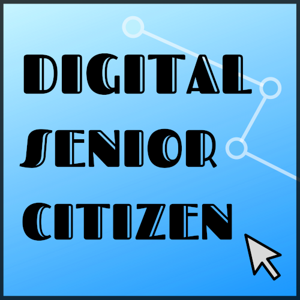The “SOS for Senior” project deals with the implementation of social services based on individual needs that can be realized at home and in the local community. The applied support combines modern technologies with professional social services and activation. The target group of the project are people aged 60+ from Jastrzębie-Zdrój.
Each participant of the project – a person who cannot cope with a new life situation (loneliness, dependence, illness, partner’s condition) gets the opportunity to take advantage of a wide range of ad hoc services that improve the life situation – remote care (telecare), home services, home rest service, activation in local environment.
Each project participant undergoes an interview with recognition of their needs, during which the types of support available in the project are determined. For the duration of the project, special telecare devices are installed in seniors’ houses with the possibility of 24-hour contact with the person under care. There is a Telecare Centre in Jastrzębie-Zdrój, where qualified telecarers work (people experienced in working with seniors, including medical caregivers, psychologists, senior consultants). As part of direct support aimed at activating seniors, the range of services includes neighborhood and caring animation services, respite services, Senior Club classes, including workshops with a psychologist, passionate and thematic activities, socialization and sports activities. Everything to make the lives of our Seniors as long as possible, the safest and the most active in the local community. Each service in the project is completely free, the entire cost of devices and support is financed from the European Union, the state budget and the implementers’ own contribution.
A very important element in the project is the Coordination of Senior Care (SOS). The involvement of the neighborhood network, the help of volunteers, the work of employees activating seniors and medical carers, as well as activities dedicated to specific groups of participants in the created Senior Club are to contribute to maintaining the condition of Seniors or even their activation. Therefore, apart from the caring function (reacting to emergency situations, accompanying through social talks, talking to a psychologist), telecare also coordinates other activities supporting our participants according to Individualized Action Plans.
The implementers of the “SOS for Senior” project are the “EBI Association”, OPIEKANOVA Sp. z o.o. and the town of Jastrzębie-Zdrój with the Social Welfare Center.
Project implemented under the Regional Operational Programme of the Silesia Voivodeship for 2014-2020 co-financed by the European Social Fund.
Source: https://ebi.org.pl/sos/
Access date: 24.02.2021


